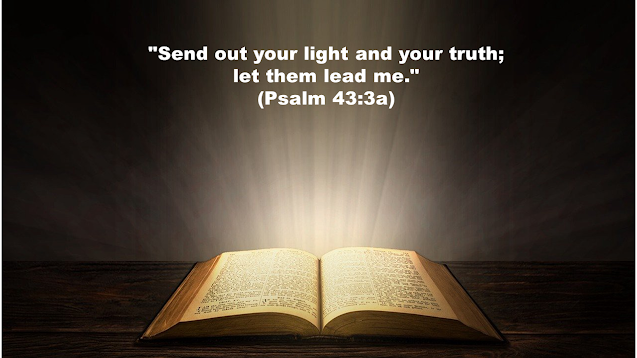Psalm 57

Psalm 57 is one of the "cave psalms," along with Psalm 142, in which David is hiding in a cave as he is fleeing from Saul (1 Samuel 22:1). Yet, even as his life is in danger, he knows that God will protect and fulfill His purposes. So, he sings out in praise to God, likely longing for his harp and lyre, as he exalts God above the heavens and His glory over all the earth. Following are some reflections that may be beneficial to consider when meditating on this psalm: Verse 1: How might starting our prayers to God with the repeated phrase, " be merciful to me " affect our prayerful attitudes? God may not stop the storms in our lives, but He protects us under "the shadow of [His] wings" until they pass by. How does this perspective help us as we face storms? Verse 2 In what ways has God "fulfilled His purpose for me" through the storms I have experienced? [NOTE: Philippians 1:6 says "And I am sure of this, that he who began a good work in ...
































